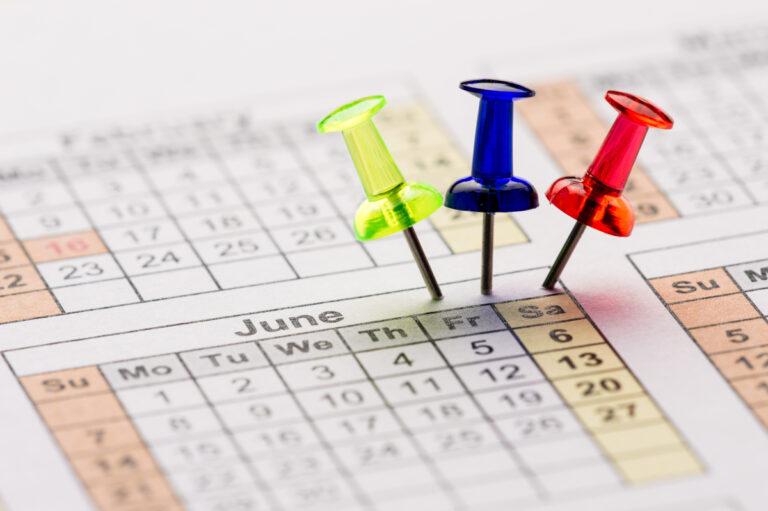This month is host to World Asthma Day. World Asthma Day is aimed at raising the profile of this long term illness, which can be fatal. A recent national study of asthma deaths in the UK concluded that people suffering from asthma are dying unnecessarily because of complacency among both medical staff and patients.
What is Asthma?
 Asthma affects the small airways that carry air in and out of your lungs. When the muscles surrounding these airways become inflamed and irritated, they spasm. The airways are narrowed further as the amount of mucus lining the airways increases. The result is episodes of wheezing, breathlessness, chest tightness, and coughing. These episodes can last from between an hour to weeks if left untreated.
Asthma affects the small airways that carry air in and out of your lungs. When the muscles surrounding these airways become inflamed and irritated, they spasm. The airways are narrowed further as the amount of mucus lining the airways increases. The result is episodes of wheezing, breathlessness, chest tightness, and coughing. These episodes can last from between an hour to weeks if left untreated.
Whilst scientists don’t know exactly what causes this inflammation, it does tend to run in families, so they are looking for a genetic explanation. That, coupled with environmental factors such as; exposure to allergens during pregnancy (from foods in the mother’s diet, for example), sharing your house with animals, especially cats, certain childhood illnesses, exposure to cigarette smoke in the womb or early life, allergies to things such as pollen, house-dust mites and mold, air pollution and processed foods.For asthma sufferers, there are a number of triggers which may cause an asthma attack. These could include: weather conditions (especially extreme changes in temperature); certain medications (such as aspirin, NSAID, and beta-blockers); air pollution; foods; exercise; strong emotions (including stress and anxiety); and infections (colds, flu, or pneumonia). Smoking and exposure to second-hand smoke is particularly dangerous for asthmatics.
Massage to help Asthma
In the UK, 5.4 million people are currently receiving treatment for asthma. Working alongside prescribed medication, massage therapy can offer some relief to asthma sufferers.
Massage therapy is useful in alleviating stress and anxiety, one of the triggers which may cause an attack. Massage therapy can help manage asthma and improve your general well-being by improving posture. Traditional massage techniques such as gliding and kneading can help release stress and tension caused by lack of oxygen. Following an attack, asthmatics may be left with muscle soreness in the upper body and abdomen; massage can help relieve this soreness and speed up the recovery process.
So when you’re organising your event in conjunction with World Asthma Day, consider booking seated massage or sports massage for your event! Alternatively, if you think your whole workplace could benefit from massages, take a look at our corporate massage services here.



